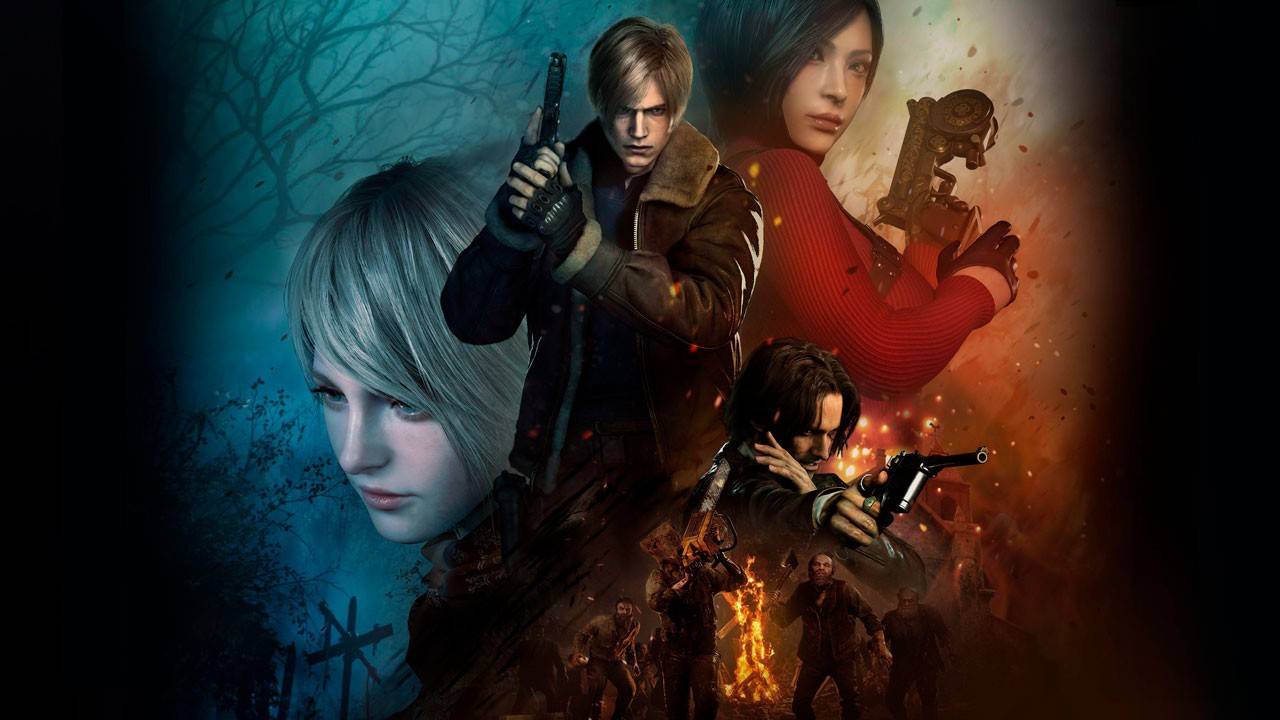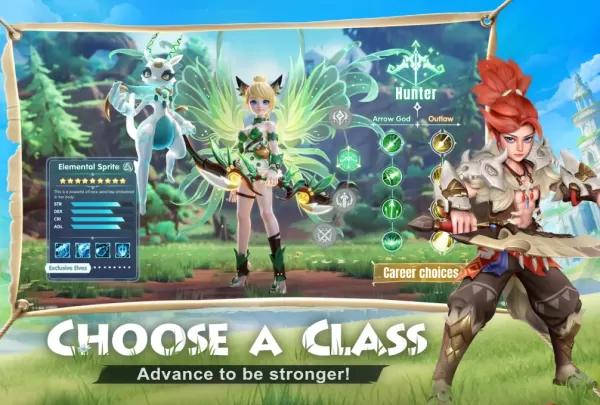
Yasuhiro Anpo, the director behind the acclaimed remakes of Resident Evil 2 and Resident Evil 4, disclosed that the decision to revamp the 1998 classic, Resident Evil 2, stemmed from a deep-seated desire among fans to see the game restored to its former glory. Anpo reflected on the fanbase's enthusiasm, stating, "We realized: people really want this to happen." This sentiment was met with a straightforward response from producer Hirabayashi, who simply said, "Alright, we'll do it."
Initially, the team at Capcom contemplated beginning their remake project with Resident Evil 4. However, after extensive discussions, they acknowledged that RE4 was already highly acclaimed and nearly perfect in its original form. The risk of altering such a beloved game was too great, leading them to focus on the earlier installment, Resident Evil 2, which was in dire need of modernization. To better cater to player expectations, the developers even delved into fan projects for inspiration.
Despite the confidence within Capcom, doubts lingered not only internally but also among fans. Even after the successful releases of the Resident Evil 2 and Resident Evil 3 remakes, and the subsequent announcement of the Resident Evil 4 remake, some fans argued that RE4, unlike its predecessors, did not require an update to the same extent.
While Resident Evil 2 and Resident Evil 3, originally released in the 1990s on the PlayStation, featured elements that were clearly outdated—such as fixed camera angles and cumbersome controls—Resident Evil 4 revolutionized the survival horror genre upon its 2005 debut. Despite the initial skepticism, the Resident Evil 4 remake successfully maintained the essence of the original while significantly enhancing gameplay and storytelling elements.
The overwhelming commercial success and positive critical feedback validated Capcom's decision. It demonstrated that even a game deemed nearly untouchable could be respectfully reimagined with a fresh and creative approach.








